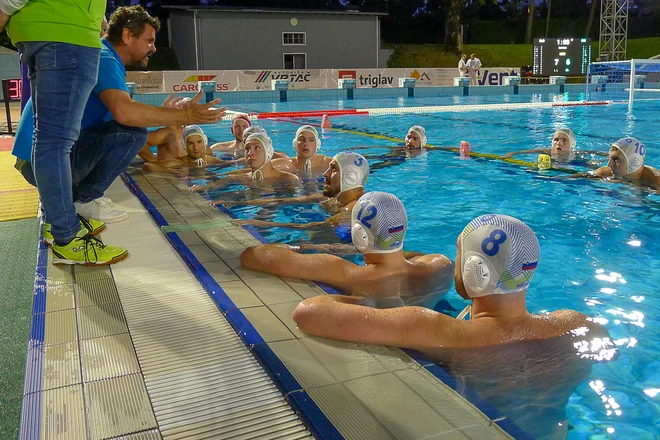Federal Court judges: may migration office control apartment?

Suspected fake marriage: the police surprise lovers in their own apartment – can she?
The Federal Supreme Court argues on the procedure of the migration authorities. The judges open their differences in front of an audience.
Federal judge Marianne Ryter (SP) supports the complaint. It determines a difficult intervention in privacy. « In order to justify this, there should be a precise standard, » she says. However, there are only general statements in the legal bases.
The police may only control an apartment if those affected voluntarily cooperate. As a compulsory measure, however, such control is illegal. The authorities therefore should have informed those affected about their rights and obligations. They should have informed them that they can also refuse control. But they didn’t. That is why Ryter determines an illegal forced measure.
She calls a second reason for this. The measure was not proportionate. Because the suspicion of a fake marriage was low in this case. The authorities would therefore not have had to use the hardest remedy immediately, but could have asked the couple first.
Who is against?

Judge Yves Donzallaz.
Federal judge Yves Donzallaz (independent, ex SVP) rejects the complaint. He emphasizes the obligation to cooperate. You would have to help clarify the facts in order to receive a residence permit. If they did not want to grant the police, they should have clearly expressed their will. But they didn’t. Therefore, the authorities could assume that the controlled people agreed.
« It was not a compulsive measure, » says Donzallaz. The police would have received no insight into the wedding photos if the couple had not shown them voluntarily, the judge argues.
The lower court had found that the police violated Eduardo and David P.’s legal hearing. However, according to Donzallaz, the Federal Supreme Court cannot derive from this that the police violated their will. It would only have been a forced measure if the two had said no on the door and the police would still have gained access. It classifies the migration authorities’ procedure as lawful and efficient.
What is the judgment?
Five federal judges, five opinions. All present different chains of arguments. Matthias Kradolfer (FDP) emphasizes that the authorities had taken disproportionately: « They shot at sparrows with cannons. » Julia Hänni (center) and Florence Aubry Girardin (Greens), on the other hand, reject the complaint. The Federal Supreme Court is 3: 2 against it.






